Programs
“Kūlia i ka nu‘u.”
STRIVE TO REACH THE HIGHEST
Motto of Queen Kapi‘olani.
As part of our work to provide educational resources for the public, we’ve partnered with individuals and organizations in the community to provide various programs about the importance of civic education.
PACE Programs
Civic Education Survey
The Civic Education Survey is a PACE-led report to provide a research-based report for schools, legislators, community groups, nonprofits, and interested stakeholders on the state of K-16 public and private civics education in Hawaiʿi so they can focus resources on areas of need, identify opportunities for collaboration, and provide data for future initiatives. This report will (1) gather and assess the current requirements and standards for civics education in Hawai‘i at DOE and private schools; (2) collect current learning resources, such as textbooks and major curricular programs, that are in use; (3) gather data on extracurricular civics programs, such as Project Citizen and Mock Trial; (4) conduct a survey. The survey will be sent to public and private schools, as well as community groups and nonprofits that have interests or run programming aimed at civic education for schools or the general community.
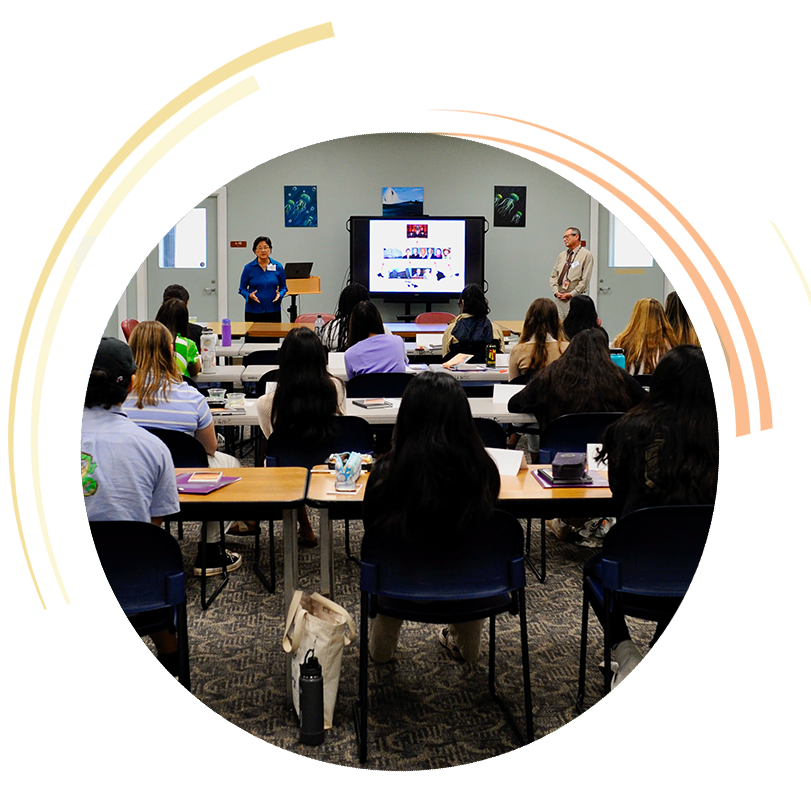

Civic Education Survey
The Civic Education Survey is a PACE-led report to provide a research-based report for schools, legislators, community groups, nonprofits, and interested stakeholders on the state of K-16 public and private civics education in Hawaiʿi so they can focus resources on areas of need, identify opportunities for collaboration, and provide data for future initiatives. This report will (1) gather and assess the current requirements and standards for civics education in Hawai‘i at DOE and private schools; (2) collect current learning resources, such as textbooks and major curricular programs, that are in use; (3) gather data on extracurricular civics programs, such as Project Citizen and Mock Trial; (4) conduct a survey. The survey will be sent to public and private schools, as well as community groups and nonprofits that have interests or run programming aimed at civic education for schools or the general community.

Law & Justice Academy
This three-day program introduces high school students to issues of law and justice, builds their skills in discussion, debate, analysis, and advocacy; and provides students with tools and inspiration to become active and involved citizens of their communities. This is accomplished through a mock trial program with a Hawaiʻi-specific problem. Another goal of the program is to increase interest in college, law school, and legal careers among young people who come from backgrounds and populations that are traditionally underrepresented among attorneys, judges, and political decision-makers. Community leaders from across Hawaiʻi work with and mentor participants in the program. PACE, the University of Hawaiʻi Maui College, the State of Hawaiʻi Circuit Court for the Section Circuit, the United States District Court for the District of Hawaiʻi, the Maui County Bar Association, and the University of Hawaiʻi at Manoa William S. Richardson School of Law brought this program to Maui in 2022. The next program will be held in Hilo between October 8–10, 2024, during fall break.
Lawyers & Judges in
Schools Program
To assist public and private school teachers (K-12) in requesting judges and attorneys to speak at schools and enhance learning about civics for students. The HSBA Civic Education Committee helps by coordinating visits from lawyers to classrooms based on the availability of volunteer attorneys.
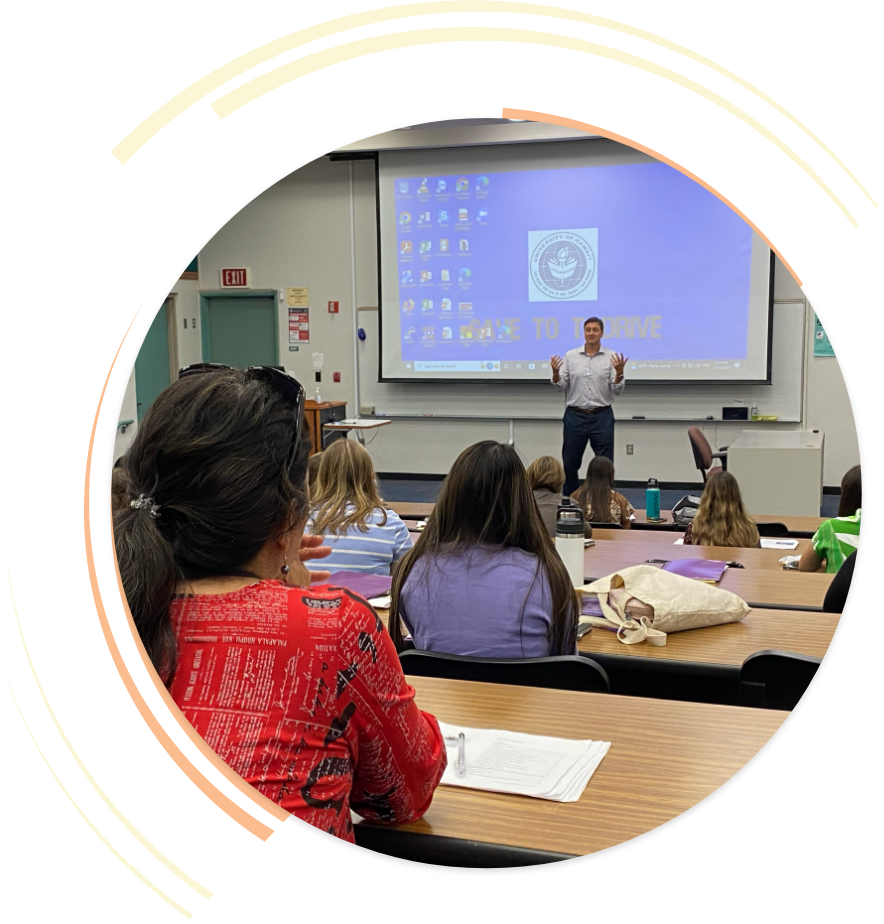

Lawyers & Judges in
Schools Program
To assist both public and private school teachers (K-12) in requesting judges and attorneys to speak at schools and enhance learning about civics for students. The HSBA Civic Education Committee helps by coordinating visits from lawyers to classrooms, based on availability of volunteer attorneys.
Programs Supported by PACE
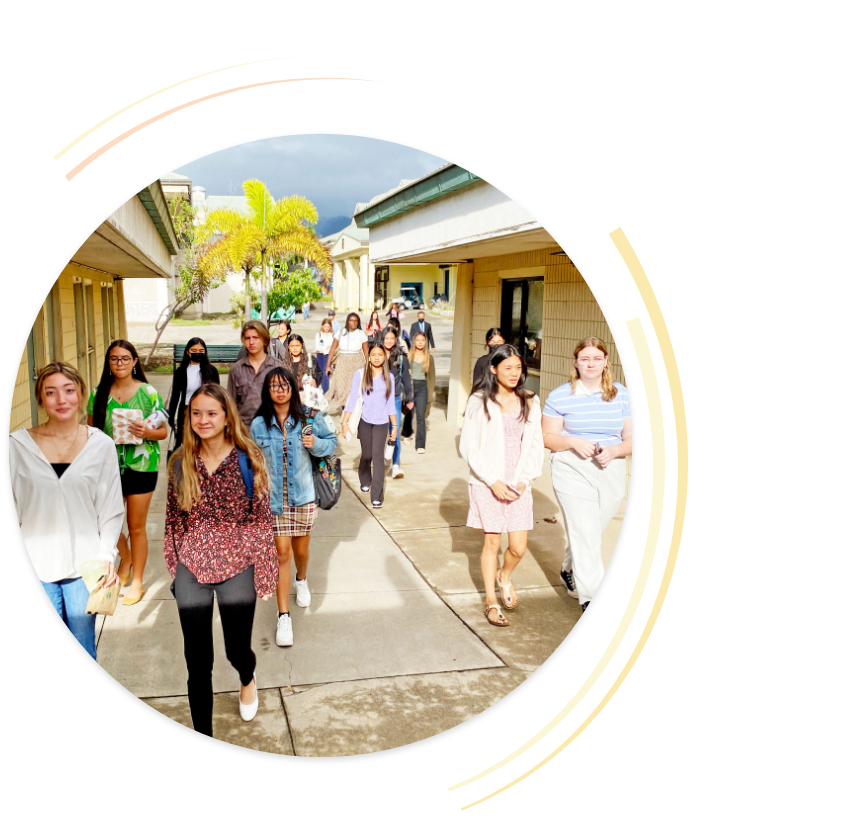
Hawaiʻi Schools of Democracy Program
The Hawaiʻi Schools of Democracy Program is a program of the Hawaiʻi State Department of Education. The program recognizes public high schools that are committed to preparing students not only for academic and professional endeavors, but also for active civic participation. To be recognized, a high school must do at least three things. It must provide diverse learning experiences that foster civic understanding, critical thinking, and community engagement. It also must cultivate an organizational culture that prioritizes student agency in shaping their learning experiences across various content areas. Finally, it must emphasize the ideals of the Aloha Spirit law and the tenets of Nā Hopena Aʻo, the Department of Education’s core values.
Project Citizen
Project Citizen is a Center for Civic Education program that is coordinated in Hawaiʻi by the King Kamehameha V Judiciary History Center. Students identify a community problem through a four-step process, including its causes and consequences. Next, they research and evaluate existing public policy addressing the issue. They then propose a new policy or a new method of enforcing existing policy. Finally, students create an implementation plan. During the 2022–23 school year, PACE provided financial support for a teacher training program.
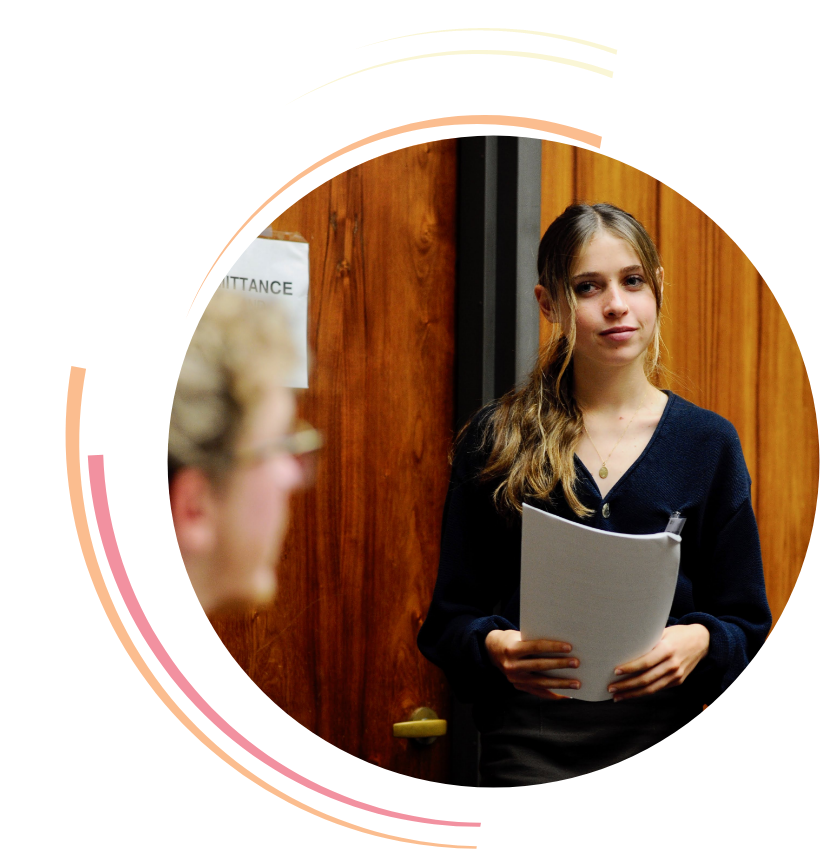

Project Citizen
Project Citizen is a program of the Center for Civic Education that is coordinated in Hawaiʻi by the King Kamehameha V Judiciary History Center. Through a four-step process, students identify a community problem, including its causes and consequences. Next, they research and evaluate existing public policy addressing the problem. They then propose a new policy or a new method of enforcing existing policy. Finally, students create an implementation plan. During the 2022–23 school year, PACE provided financial support for a teacher training program.
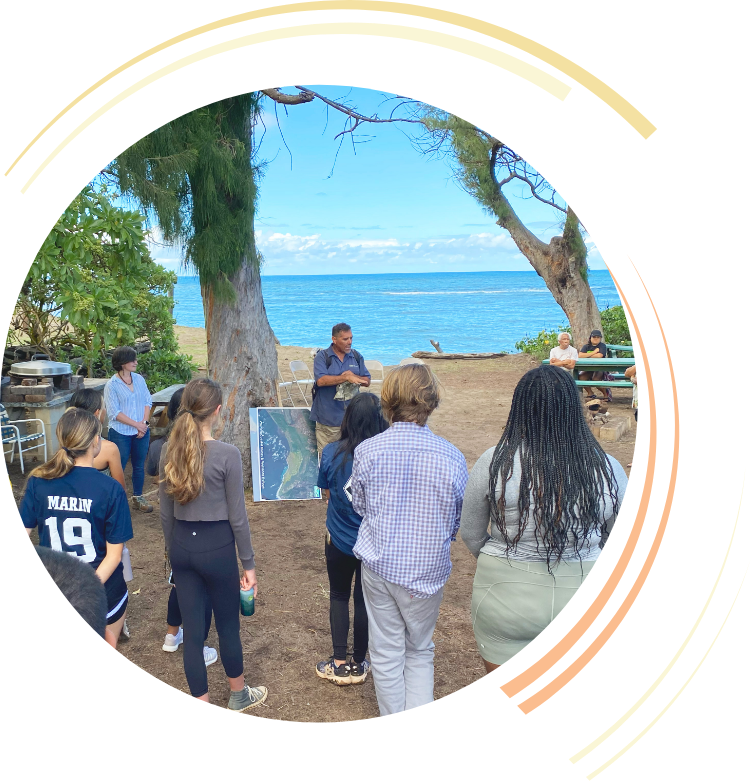
Constitution Day and Citizenship Day
The purpose of Constitution Day and Citizenship Day is to commemorate the formation and signing on September 17, 1787, of the Constitution and recognize all who, by coming of age or by naturalization, have become citizens. Each educational institution that receives Federal funds is required to hold an educational program about the U.S. Constitution for its students. Each year, the Hawaiʻi State Department of Education publishes a memorandum that provides a short overview of Constitution Day, reminds schools of this commitment, and distributes various resources suitable for K-12 schools. PACE has shared this memorandum with other schools should they wish to participate.
Speakers Bureau
The Speakers Bureau is coordinated by the King Kamehameha V Judiciary History Center. This program brings Hawaiʻi Supreme Court justices, appellate, circuit, district, and family court judges, and other court personnel to various groups for speaking engagements on various court-related topics. Audiences have included civic groups, social organizations, professional associations, schools, law enforcement agencies, and veterans’ organizations. In 2022, PACE spread the word of the Speakers Bureau in a letter to all public and private schools announcing Governor Ige’s proclamation of Civics Awareness Month.
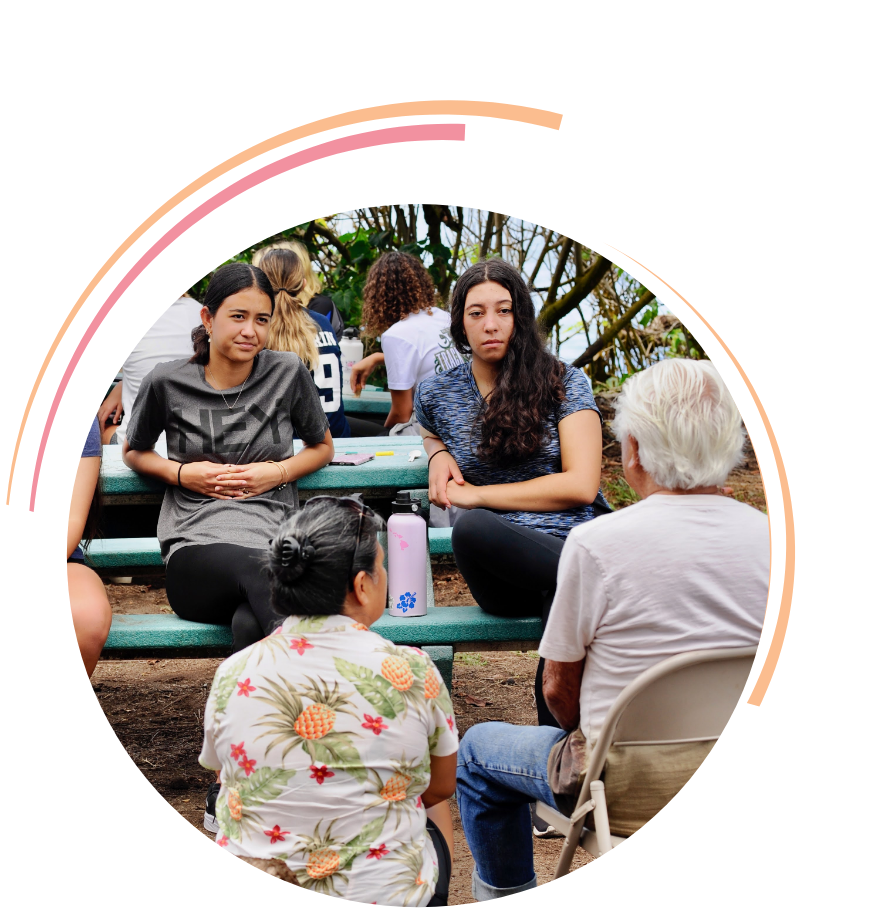

Speakers Bureau
The Speakers Bureau is coordinated by the King Kamehameha V Judiciary History Center. This program brings Hawaiʻi Supreme Court justices, appellate, circuit, district, and family court judges, and other court personnel to various groups for speaking engagements on a wide range of court-related topics. Audiences have included civic groups, social organizations, professional associations, schools, law enforcement agencies, and veterans’ organizations. In 2022, PACE spread word of the Speakers Bureau in a letter to all public and private schools announcing Governor Ige’s proclamation of Civics Awareness Month.
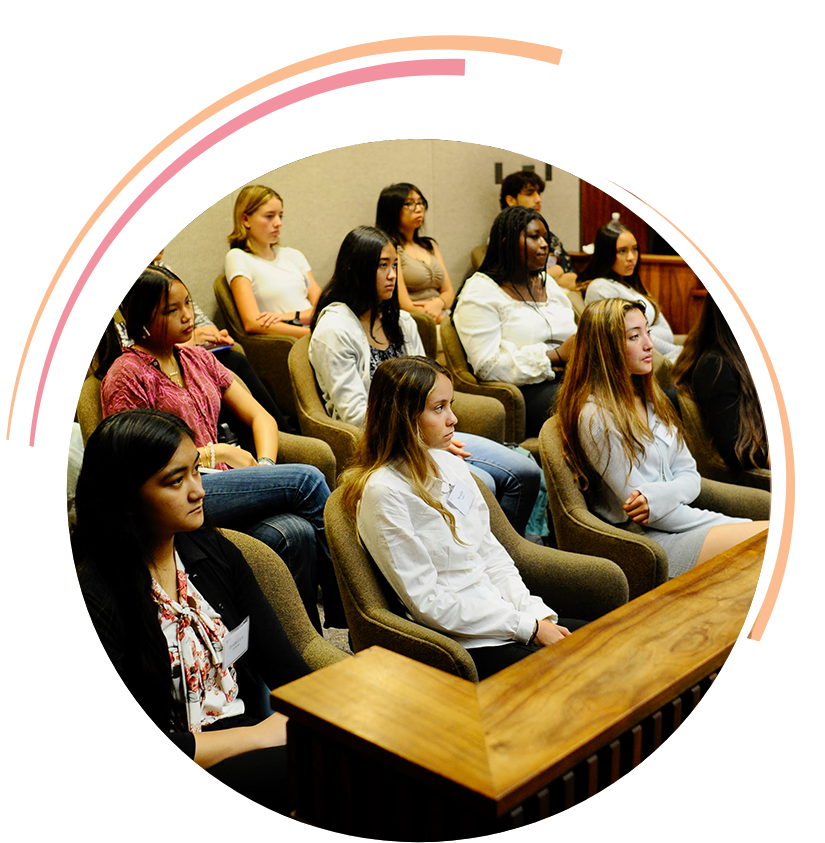
We the People: The Citizen and the Constitution
We the People is a program of the Center for Civic Education that is coordinated in Hawaiʻi by the King Kamehameha V Judiciary History Center. The program teaches principles of the United States Constitution and representative democracy. The program curriculum takes students on a journey from the philosophical origins of the Constitution to contemporary issues of citizenship. The curriculum’s learning activities culminate with a “Simulated Congressional Hearing.” During the hearing, students deliver four-minute prepared remarks to pre-assigned hearing questions. Following these prepared remarks, a hearing judge panel asks students follow-up questions. PACE members have supported the program by serving as judges during the Hawaiʻi State competition.
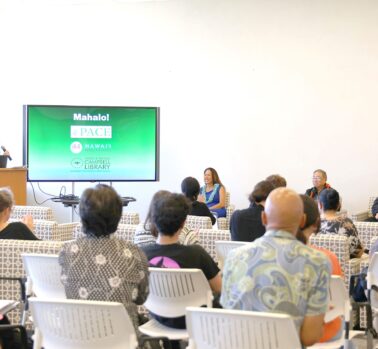 Civic Engagement at West Oʻahu
Civic Engagement at West Oʻahu
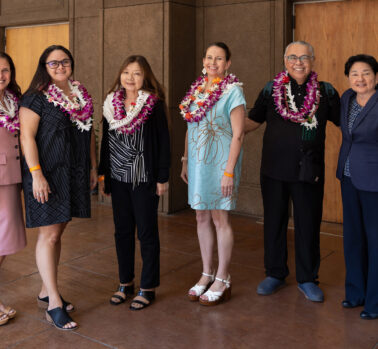 Five Hawaiʻi Teachers Honored for Promoting Civic Education
Five Hawaiʻi Teachers Honored for Promoting Civic Education
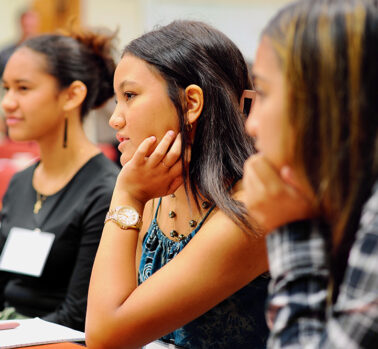 First Law & Justice Academy on Hawaiʻi Island A Big Success
First Law & Justice Academy on Hawaiʻi Island A Big Success
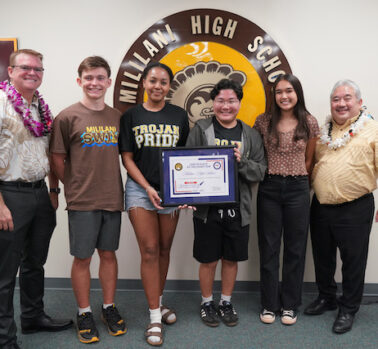 HIDOE recognizes 2 schools for excellence in civic education and prioritizing student agency
HIDOE recognizes 2 schools for excellence in civic education and prioritizing student agency